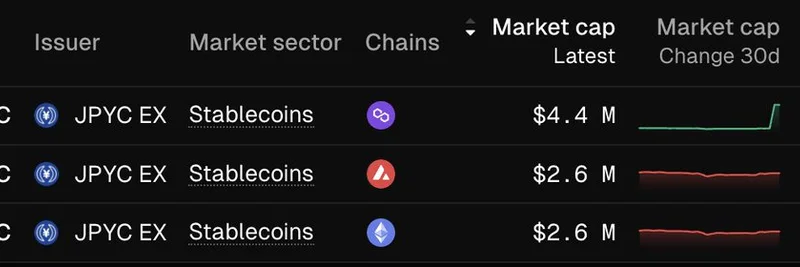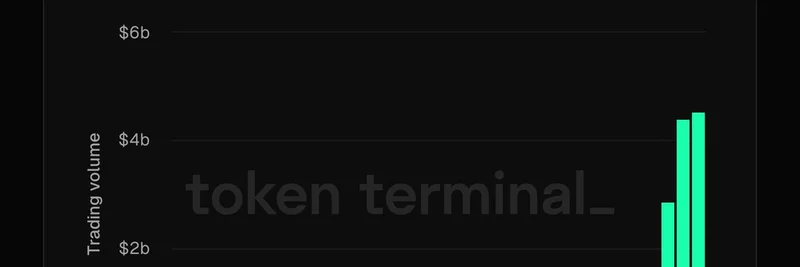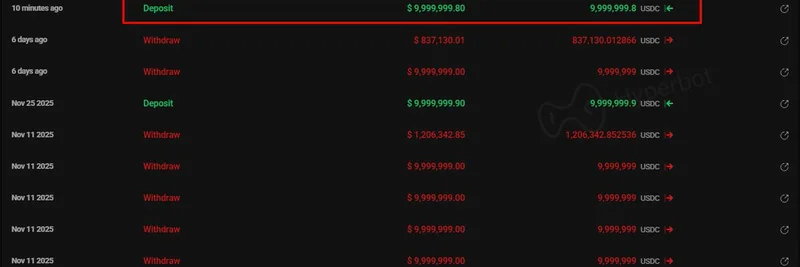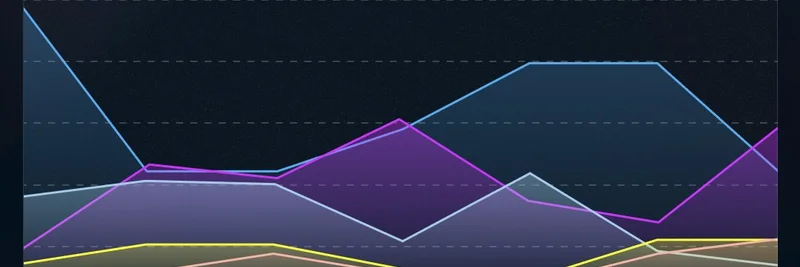Mike Hale, a Solana technical writer at QuickNode and editor of Colosseum Codex, recently shared an exciting update on X about the latest edition of the Colosseum Codex. This newsletter-style roundup is a goldmine for Solana builders, spotlighting new tools and projects that could supercharge the development of meme tokens and other blockchain innovations. If you're diving into the world of meme coins on Solana—known for its speed and low fees—this is the kind of tech news that can give you an edge. Let's break down what's featured, with simple explanations for any technical jargon along the way.
The Codex kicks off with the Solana Handbook by Ackee Blockchain, now fully open-sourced. Think of it as a comprehensive guide written by experienced auditors who know Solana inside out. It covers everything from the basics—like what makes Solana's blockchain so fast with its eight core features—to advanced topics such as programming models and the Solana Program Library, which includes pre-built tools for handling tokens and accounts. For meme token creators, this means easier access to best practices for building secure and efficient projects, reducing the risk of common pitfalls that could tank your coin's launch.
Next up is BitcoinKit by Zeus Network, a game-changer for bridging Bitcoin's massive liquidity into Solana. BitcoinKit turns Bitcoin into "programmable money" by creating zBTC, a tokenized version backed 1:1 by real BTC, without needing middlemen or wrapped assets. It integrates directly into Solana's DeFi protocols, allowing for things like BTC-backed lending or swaps. Imagine launching a meme token that taps into Bitcoin's $2 trillion market— this toolkit makes it possible with SDKs, APIs, and even widgets, opening doors for cross-chain meme experiments that could go viral.
DFlow Protocol's JIT Router is another highlight, rethinking how swaps happen on Solana. JIT stands for "Just in Time," meaning it optimizes trades right at the moment of execution, rerouting to the best liquidity if prices shift. This reduces slippage (when you get a worse price than expected) and failed transactions, which is crucial for meme token traders dealing with volatile pumps and dumps. Builders can integrate this into their apps, focusing on fun features while DFlow handles the heavy lifting for smoother user experiences.
Then there's Phantom Cash by Phantom, turning the popular Solana wallet into a full-fledged payments app. Backed by $CASH, a stablecoin pegged to the USD, it lets users add funds via bank or card, buy/sell with zero fees, and spend anywhere Visa works through Apple Pay or a debit card. For the meme token community, this bridges crypto to real-world spending, making it easier to onboard normies (non-crypto folks) and integrate stable payments into meme-based games or merch stores.
Finally, the Wallet UI v2 update streamlines developer tools for building wallets. It's now more modular and reliable, with better docs and fixes for bugs that could break apps. This means faster iteration for creating custom wallets tailored to meme token ecosystems, like ones with built-in community features or NFT integrations.
Beyond these features, the Codex includes quick hits on Solana news, such as guides for succeeding in Colosseum's Cypherpunk Hackathon, which could be a launchpad for your next meme project. It's all about fostering a vibrant builder community on Solana, where meme tokens thrive alongside serious DeFi.
If you're a blockchain practitioner eyeing meme tokens, tools like these from Colosseum Codex are essential for staying ahead. Check out the full thread on X or dive deeper into the blog post for more details. What's your take—will BitcoinKit spark the next big meme crossover?




